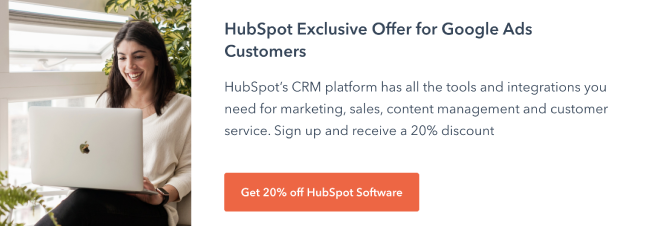Companies that prioritize privacy are empowering users with consent and global privacy control
By OneTrust
Alex Cash, offering lead, consent and preference management, OneTrust
Global privacy control (GPC) provides consumers and businesses with clear expectations and guidelines for the sharing and sale of data online by permitting users to easily and clearly exercise their privacy rights while also fostering certainty for businesses and advertisers that actively rely on an open standard.
GPC also allows organizations to facilitate a greater relationship of trust between businesses and their customers, providing a key advantage in the marketplace. Establishing clear privacy controls is a necessary step in developing a mature privacy model at any organization, but some may not know where or how to begin.
To successfully put privacy first, companies can start by focusing on three areas.
Transparency and empowering users is at the heart of GPC
Global privacy control is a technological initiative spearheaded by global advocates to create a universal setting in web browsers that allows users to control their privacy online. This initiative focuses on implementing transparent user experiences and empowering customers to both understand and take action on privacy choices in real-time.
At its core, Global Privacy Control aims to create a fabric of trust between users and the businesses they come into contact with, providing organizations with an opportunity to establish privacy as a critical consideration in the user experience.
GPC serves as an acceptable CCPA opt-out method
The CCPA is one of the most significant privacy laws in effect today and influences new and upcoming legislation across the U.S. The initial ballot was introduced in October 2017 and set out the preliminary language of the CCPA.
This law set out to give Californian consumers more control over the way their personal information is handled through several new consumer rights. Business requirements were also included, such as the need to inform consumers of certain information at the time of data collection and via privacy policies.
Businesses under CCPA must follow the statute and the final modified regulations. This means that a website operator must respect a “Do Not Sell” signal as an opt-out request. These CCPA elements are the fundamental controls for consumers, similar to the settings feature that GPC calls for and the foundation for establishing privacy-centric solutions.
Additionally, the California Attorney General recently announced updates to the CCPA FAQ. The most notable update includes clarification that the GPC is an acceptable method for consumers to opt out of sales. Taking this a step further, the update requires that the GPC “be honored by covered businesses as a valid consumer request to stop the sale of personal information.”
Organizations should familiarize themselves with the benefits of standing up a privacy-centric solution at their company and begin looking for ways to integrate privacy best practices throughout the organization.
One way that organizations can prioritize privacy is through using a consent and preference management solution. Privacy-centric solutions will help businesses integrate privacy controls directly into their website, giving users front-and-center access to …read more
Source:: Digiday





